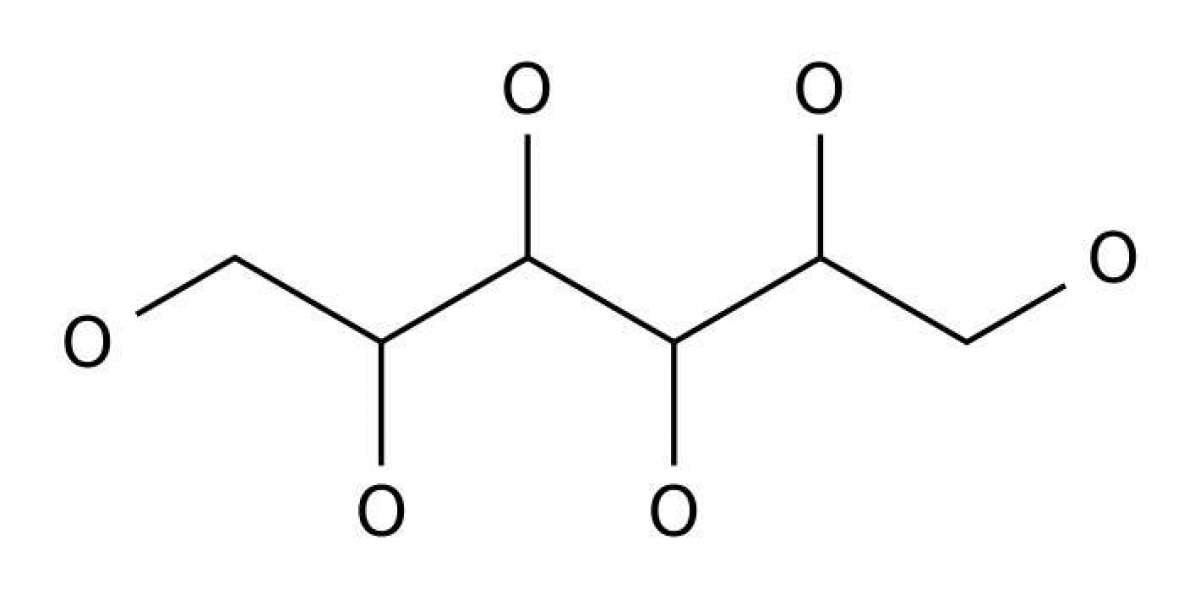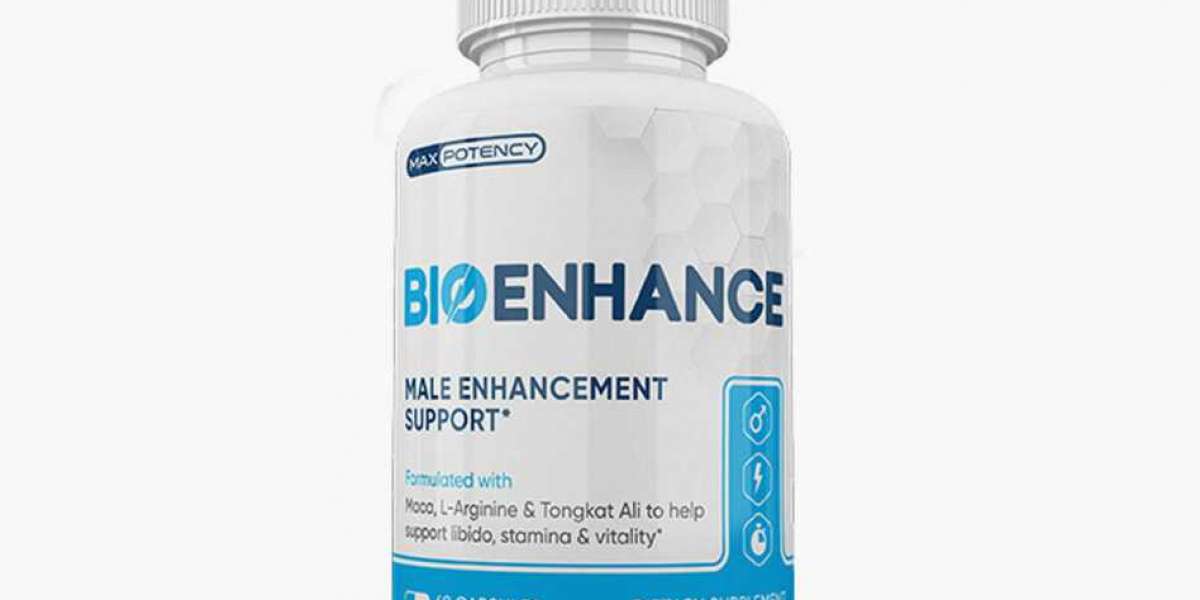What is sorbitol?
Sorbitol, also called D-sorbitol, 50-70-4, E420, and D-glucitol, is a type of carbohydrate. It falls into a category of sugar alcohols called polyols. This water-soluble compound is found naturally in some fruits, including apples, apricots, dates, berries, peaches, plums, and figs.
It’s also commercially manufactured from corn syrup for use in packaged foods, beverages, and medications. Commercially, sorbitol is used to preserve moisture, add sweetness, and provide texture to products, as well as potentially support digestive and oral health.
Benefits and uses
Sorbitol is a widely used sugar alcohol for several reasons. First, sugar alcohols are often used in foods and beverages in place of traditional sugar to reduce their calorie content. Sorbitol contains approximately two-thirds of the calories of table sugar and provides about 60% of the sweetness. It’s also not fully digested in your small intestine. What remains of the compound from there moves into the large intestine where it’s instead fermented, or broken down by bacteria, resulting in fewer calories being absorbed.
Second, the sweetener is often added to foods marketed to people with diabetes. That’s because it has very little effect on blood sugar levels when eaten, compared with foods made with traditional sweeteners like table sugar.
Third, unlike table sugar, sugar alcohols like sorbitol don’t contribute to the formation of cavities. This is one reason why they’re often used to sweeten sugar-free chewing gum and liquid medications.
In fact, the Food and Drug Administration (FDA) has recognized that sugar alcohols like sorbitol may benefit oral health. This is based on a study that found that sorbitol may reduce cavity risk compared with table sugar, although not to the same extent as other sugar alcohols. Lastly, it’s used on its own as a laxative to combat constipation. It’s hyperosmotic, meaning it draws water into the colon from surrounding tissues to promote bowel movements. It can be purchased for this purpose at most grocery and drug stores without a prescription.








